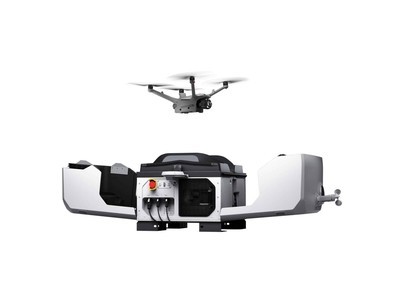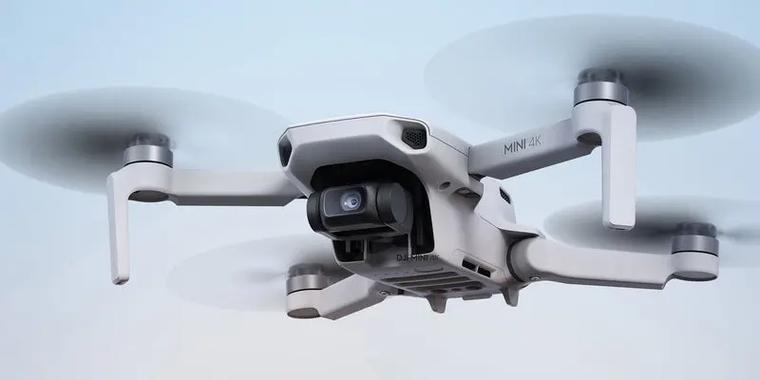In the rapidly evolving landscape of warfare, drone wars signify a groundbreaking shift in military strategies and tactics, with militaries worldwide increasingly relying on unmanned aerial vehicles (UAVs) to gain a tactical edge. This transformation is not just a fleeting trend but a profound change in how wars are fought and won, specifically through the implementation of drone technology.
Understanding Drone Wars

Drones, also known as UAVs, have advanced remarkably over the past decade. Initially deployed for reconnaissance and surveillance, they have evolved to carry out complex missions including targeted strikes. The rise of drone wars illustrates a shift towards precision, reducing collateral damage, and enhancing operational efficiency in conflict zones.
The Strategic Advantages
One of the core advantages of deploying drones in warfare is the minimization of human casualties, providing a secure alternative to piloted aircraft. Their ability to hover over target areas for extended periods grants militaries real-time, actionable intelligence that is crucial for strategic planning.
Moreover, drones offer a level of precision in launching attacks that traditional military equipment struggles to match. Advanced optics and targeting systems allow for pinpoint strikes, critical in complex theaters where traditional munitions might lead to significant unintended damage. The term “drone wars” embodies this new age where strategy aligns closely with technological advancement.
Technological Innovations Driving Drone Wars
The rapid pace of technological developments in drone design and capabilities cannot be overstated. From enhancements in battery life, communication systems, to stealth design, drones are pushing the limits of what is possible in military confrontations. Innovations like swarm technology further illustrate the potential of drone wars, where multiple drones can operate in a synchronized manner to achieve complex objectives, showcasing unrivaled tactical flexibility.
With drones, clandestine operations become feasible, and missions that once required entire squadrons can now be executed by a handful of operatives from miles away, underscoring their strategic importance.
Global Implications of Drone Warfare
As drone wars unfold on the global stage, they bring with them a complex web of political and ethical implications. Nations are no longer bound by conventional warfare constraints, and the ease of deployment has opened a Pandora’s box of moral dilemmas.
The international community grapples with legal frameworks on the use of drones, questioning the legitimacy and accountability in cross-border operations. As such, debates rage on about the implications of autonomous drones and the ethical boundaries that should be established.
The Future of Drone Wars
Looking forward, the role of drones in warfare is set to expand. The integration of Artificial Intelligence (AI) promises smarter, more autonomous flight capabilities, potentially revolutionizing military strategy. AI can enhance decision-making processes, allowing drones to predict and react to threats in ways previously unimaginable.
However, as capabilities grow, so do the risks. Cybersecurity concerns are paramount, with adversaries potentially capable of hacking drones and turning them against their operators. Thus, ongoing advancements in security measures are crucial to ensuring that the balance tips in favor of the deploying nation.
Potential Consequences and Challenges
The accessibility of drone technology poses security risks. Non-state actors and insurgent groups gaining access can increase instability and lead to asymmetric warfare. Countries must invest in counter-drone technologies to detect and neutralize threats, ensuring drones remain tools for stability rather than chaos.
Conclusion

Drone wars represent a formidable force in the reshaping of modern battlefields. They blend technology with military strategy, offering unmatched precision and efficiency. As this technology matures, countries will face new challenges and must navigate a path that balances innovation with ethical responsibility.
FAQs on Drone Wars
- What makes drones so important in modern warfare?
- Drones offer precision in strikes, minimize risks to human soldiers, and provide intelligence that is crucial for making strategic decisions in real-time.
- Are there any legal challenges associated with drone warfare?
- Yes, the legality of drone strikes, especially across international borders, is a major concern, leading to ongoing debates about sovereignty and accountability.
- How can countries protect against drone threats?
- Investing in counter-drone technologies and systems is vital for detecting and neutralizing drone threats before they can cause harm.